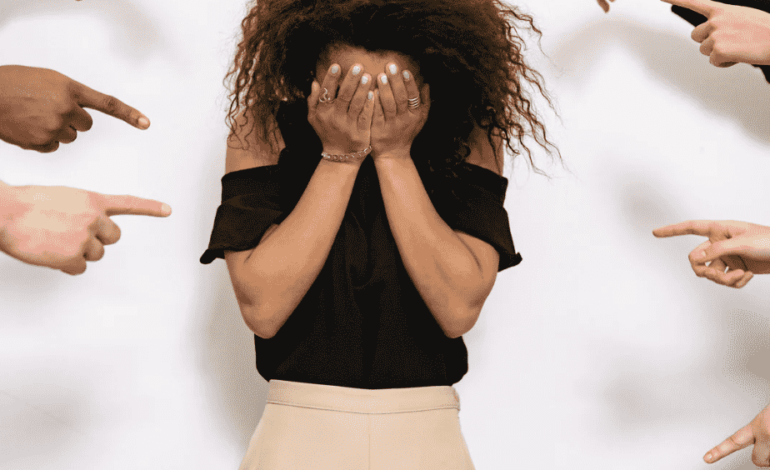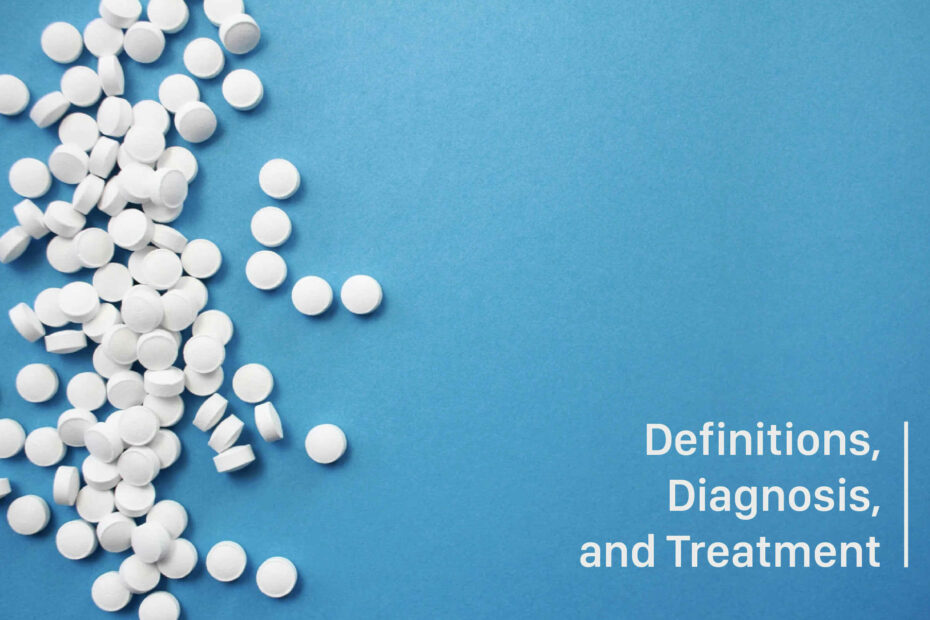The holidays should be a time for gathering, celebrating, expressing gratitude, and reflecting. Still, they often bring stress and worry, especially to those struggling with underlying issues such as substance abuse. The first year of sobriety, especially during the holiday season, can be a sea of ups and downs. Emotions can range from gratefulness and happiness to confusion and agony. It is common to reflect on past holiday seasons where alcohol or drugs were used as a crutch to numb the pain or avoid stressful family gatherings and office holiday parties. The holidays may hold some triggers, meaning that specific memories, people, and places can bring up urges and cravings. Being nervous about your first holiday season in recovery is entirely normal. Below are a few tips that can help you survive your first sober holiday season:
Be prepared to answer the question, “why are you not drinking.”
For many, the holidays are a time to celebrate, which often coincides with having one too many eggnogs or glasses of champagne. If you were a social drinker and now you are not, people may notice and ask you about it, especially if they are unaware that you quit drinking. It will most likely be a common question, especially if you attend holiday parties or gatherings. This question may make you feel flustered or stressed or may even take you off guard, so it is essential to prepare an answer beforehand. Ultimately, it is your decision whether you want to tell others about your recovery. If you are not yet comfortable sharing this journey with strangers, tell them that you are driving or trying to take better care of your health.
Take pride in your recovery
You may get asked a few questions from family and friends during holiday gatherings about your recovery. Most people are unaware of the recovery journey unless they know someone who had this experience. As a result, you may be asked a handful of questions. This is your chance to educate others and break down the stigma associated with substance abuse and treatment. Try to view this as an opportunity to take pride in sharing your successful recovery journey instead of feeling like others are being intrusive about your sobriety. By telling your story, you will most likely encourage others to be honest about their struggles and successes.
Establish clear boundaries
Be aware that you are may feel the urge to drink, especially in a social situation where alcohol is being served. It is essential to be picky about which holiday functions you attend and which people you choose to spend time around. Some places and people may be more triggering than others, and as a result, set boundaries with who you spend the holidays with. If this means skipping the annual office holiday party or not attending a family function, then be able to accept that. Additionally, if an individual starts making you uncomfortable about your recovery, then it is crucial to stand up for yourself and quickly exit that situation. You should never allow others to judge you regarding your recovery journey.
Have an emergency plan
It is important to keep your friends and therapist in the loop, or on speed dial. You may need a quick exit strategy or an emergency therapy session if you suddenly feel triggered. Have an emergency plan in place, in case you feel the desire to drink or use. This may consist of retreating to a quiet place to journal, calling your therapist, attending a sobriety group meeting, or talking openly to a trusted friend.
Set realistic expectations
You may feel tempted to drink, especially when holiday gatherings with family members become stressful. Be aware that these feelings may come and should pass. You also may miss drinking or may feel lonely without your old drinking buddies. Acknowledge that the holidays are stressful and may even be more so when you are new in recovery. Make sure you take care of yourself by practicing the things you love. Be prepared to have a rollercoaster of feelings and emotions and be ready to handle these emotions healthily.




